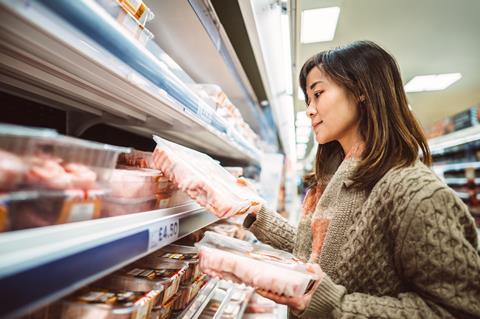
Already soaring meat prices are set to climb even further over the coming months, processors have warned.
A lack of grass growth caused by the hot and dry summer months has meant farmers are having to buy in feed or use winter feed earlier.
This will add on input costs for farmers as they will then have to buy in more feed later in the year.
“The summer’s prolonged dry spell has left many livestock farmers facing severe grazing shortages and spiralling feed costs,” said NFU livestock board chair David Barton.
“Grass growth has stalled across large parts of the country, with many producers using their winter reserves far earlier than planned, making it increasingly difficult to conserve forage for the months ahead.”
Read more: Carrot and meat shortages loom as drought-induced costs soar
His concerns were echoed by Tony Goodger, head of communications at meat trade body AIMS, who warned that farmers “will be paying a higher price for animal feed”.
“It is not dissimilar to the fruit & veg sector in that the plant-based element has struggled in the heat,” he said.
This means it costs farmers more money to feed their livestock and “in short, the price of meat will go up”, he added.
Meat prices have been steadily rising over the past 12 months, following a significant tightening of supply, with the year on year cost of beef on average 13% more expensive and lamb up 4.7% in the 12 weeks to 13 July [Worldpanel].
And while UK farmers have not seen higher rates of mortality due to the heat, they are seeing animals at lower weights as it has been “too hot for sheep to want to eat”, suggested Goodger.
This means farmers will be getting “less meat off a carcase” than in normal years, he added.
Read more: Most farmers anxious in extreme weather, research finds
The NFU said some farmers had also been forced to sell breeding stock due to a lack of feed.
Barton warned that “these pressures are not just financial – they threaten herd health and welfare, productivity and the future of British livestock farming”.
“With extreme weather becoming increasingly common, farmers urgently need targeted support to help manage feed shortages and invest in more adaptable systems,” said Barton. “That includes improved water infrastructure and forage crop options to better prepare for future volatility.”
He also added calls for more flexibility within the agri-environmental schemes to help farmers respond better to climate pressures.







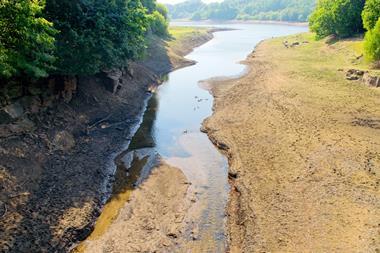
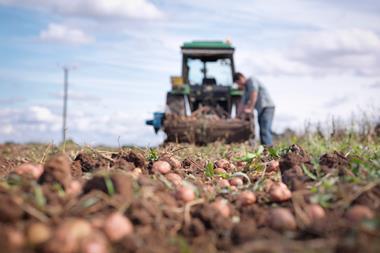
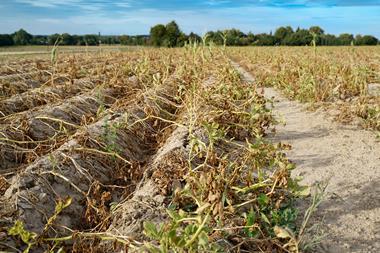
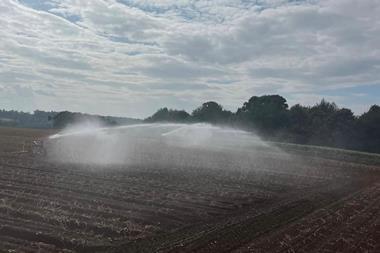
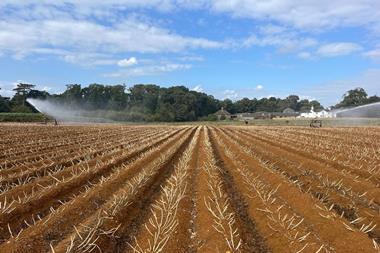
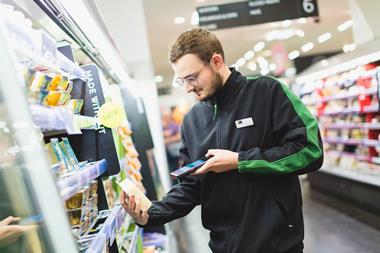

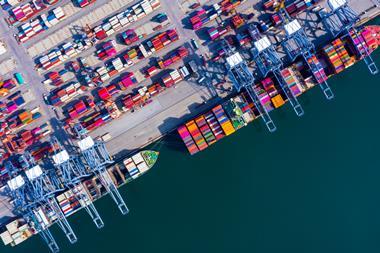


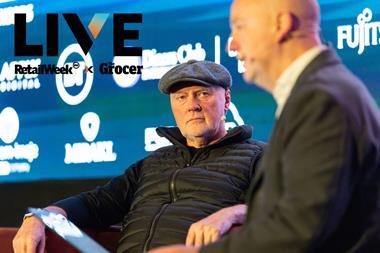
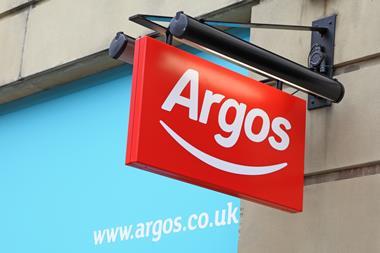
No comments yet